Some days feel heavy without warning. But this isn’t normal tiredness. It’s different. If your exhaustion lasts beyond two or three weeks, you should begin to ask why. Regular tiredness fades with rest. Chronic fatigue does not. It clings, even after long nights of sleep or restful weekends. Daily routines begin to slip. You avoid tasks that once felt easy. Grocery shopping feels like climbing a hill. Over time, this weariness reshapes your lifestyle without asking permission. It creeps slowly and becomes part of you before you even notice.
You may also begin canceling plans more often. Not from laziness, but because your body says no. Friends may misunderstand. They see your physical presence but can’t feel the mental fog you’re trapped in. Fatigue that lingers without a clear trigger deserves more attention than people often give it.
You might notice you sleep for hours but still wake up unrefreshed
It’s not just a matter of staying up too late or sleeping less. Even after a full eight or nine hours, you wake up feeling like you never slept. Your limbs feel heavy. Your head isn’t clear. Coffee helps only briefly—if at all. You begin to dread the mornings, not for emotional reasons, but because your body refuses to cooperate.
This kind of tiredness signals more than sleep debt. It may point toward conditions like chronic fatigue syndrome, anemia, hypothyroidism, or even an undetected viral load. It also overlaps with sleep disorders like obstructive sleep apnea or restless leg syndrome—problems that make sleep ineffective, even if you spend enough time in bed.
When rest no longer restores, you need more than just better sleep hygiene. You need an investigation.
It’s different from burnout or emotional tiredness
Burnout can mimic chronic fatigue, but the source is different. Burnout typically results from overwork, emotional stress, or lack of boundaries. Remove the stressor, and recovery begins. But chronic fatigue remains even after you quit your job, take a break, or remove pressure. That’s what makes it so frustrating and difficult to explain.
There’s also a distinct lack of emotional lift. People with burnout feel some relief with positive changes. Chronic fatigue patients often do not. They may even feel worse, because their body isn’t responding to optimism or effort. It’s important to distinguish between these, especially if you’ve tried to treat your fatigue like stress—and nothing changed.
Emotional exhaustion passes with care. Chronic fatigue stays, no matter how gently you treat yourself.
Sometimes fatigue pairs with unexplained muscle aches or joint pain
Not all fatigue is mental. Many people report a physical component that makes the experience even harder. You might feel soreness in your shoulders, elbows, knees, or hips. Not sharp pain, but a persistent ache that has no clear source. You haven’t exercised hard or injured yourself. Yet your muscles feel bruised, and your joints stiffen after sitting.
This kind of discomfort, combined with fatigue, could point to systemic inflammation, autoimmune disorders, or fibromyalgia. These conditions often go undiagnosed for years because the symptoms seem vague. But when these physical sensations combine with fatigue, they should not be dismissed.
You know your body. If you’re hurting without a reason, that’s a reason in itself.
You may notice trouble concentrating or processing simple thoughts
Fatigue isn’t just in the body. It clouds the mind. Tasks that once took minutes begin taking hours. Reading a paragraph becomes frustrating. You lose your place. You reread the same sentence. At work, this creates embarrassment. At home, it causes tension. You forget appointments, misplace keys, or burn food on the stove.
This isn’t carelessness. It’s called “brain fog,” and it often travels with chronic fatigue. Brain fog feels like trying to think underwater. Everything’s slow, disconnected, and dull. You know the thoughts are in there, but they won’t rise to the surface.
When your mind stops cooperating, daily life becomes a maze. Even joy feels distant.
You’ve ruled out lifestyle causes but the fatigue remains
There are common reasons for fatigue—poor diet, dehydration, lack of sleep, and stress. But if you’ve improved all these areas and still feel exhausted, the problem likely runs deeper. You eat healthy, drink water, sleep well, and still feel like a car running on fumes.
That’s when medical causes need to be considered. Vitamin deficiencies, thyroid issues, chronic infections, autoimmune conditions, and hormonal imbalances can all mimic simple fatigue. You don’t need to diagnose yourself, but you shouldn’t ignore the possibility of something physiological.
A clean lifestyle should bring better energy. If it doesn’t, your body may be signaling dysfunction.
Blood tests may show clues even when you feel dismissed
If you’ve visited a doctor and left with “everything looks normal,” you’re not alone. Many people with chronic fatigue report feeling dismissed. But sometimes, the problem lies in what tests were ordered—or how results were interpreted.
Basic labs might not catch subtle deficiencies in iron, B12, or magnesium. Standard thyroid tests might miss autoimmune thyroid conditions. Inflammatory markers, viral loads, and adrenal hormone panels aren’t part of regular screenings. But they can uncover the roots of fatigue.
You deserve a full picture. Sometimes answers hide just outside the routine panel.
Fatigue may flare up after infections or major life stress
Many chronic fatigue cases begin after a viral illness. You catch a flu or COVID, and weeks later, you still feel wrecked. This lingering fatigue is not in your head. Post-viral fatigue is now recognized as a serious, ongoing condition. Your body stays in a low-energy state, unable to reset.
Others report chronic fatigue beginning after trauma, surgery, or childbirth. Major events shift the immune system, alter hormone balances, and disrupt circadian rhythms. If fatigue begins shortly after such events, it may be your body’s way of adapting—badly.
These events mark transitions. Pay attention when your energy never returns to normal after one.
You stop recognizing the person you used to be
One of the most difficult parts of chronic fatigue is identity loss. You stop doing hobbies you loved. You avoid people who once gave you joy. You no longer recognize the sharp, energetic, present person you used to be.
It can feel like you’re watching life from behind glass. You’re there, but not fully engaged. The world moves fast while you stay still. This slow erosion of self can be isolating. And that emotional weight adds to the physical fatigue, creating a loop that’s hard to escape.
This isn’t weakness. It’s a body refusing to respond to willpower.
If fatigue rewrites your daily rhythm, it’s time to ask deeper questions
Fatigue should come and go. It should follow effort and fade with rest. If your entire daily rhythm now revolves around exhaustion, that pattern deserves inquiry. Are you adjusting everything—meals, work, social life—just to accommodate tiredness?
This reshaping of your schedule signals chronic fatigue is no longer just a symptom. It’s a condition. You cancel plans not out of preference, but survival. You count hours until bedtime. You dread mornings. These aren’t just signs of being busy—they’re signs your body needs help.
Functioning is not the same as thriving. Don’t wait for collapse before paying attention.
